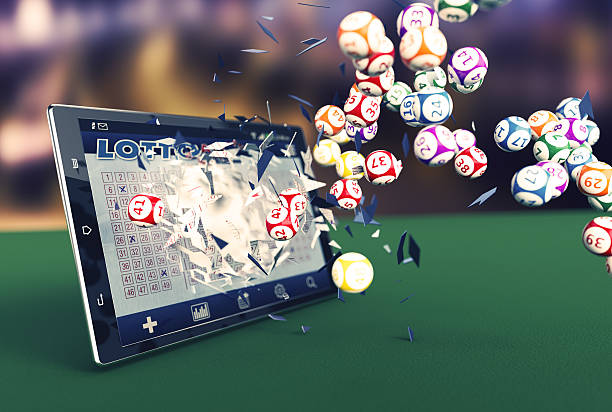
The lottery is often seen as a game of pure luck—where a lucky few strike it rich while the vast majority of players never come close to winning the grand prize. The allure of winning a massive jackpot with just a small investment is what drives millions of people to purchase tickets week after week. However, when we take a closer look at the odds, the question arises: How often do people really win the lottery? Is it truly as random as it seems, or do certain factors Olxtoto influence who wins and when? In this article, we’ll delve into the real statistics behind lottery wins and explore how often people actually win, considering the odds, prize distribution, and the role of luck in this multi-billion-dollar game of chance.
When it comes to understanding how often people win the lottery, it’s important to first grasp the odds of winning. In most major lottery games, such as Powerball and Mega Millions, the odds of winning the grand prize are extremely low. For example, in Powerball, the odds of winning the jackpot are about 1 in 292 million, while in Mega Millions, they are about 1 in 302 million. These astronomical odds highlight the rarity of winning the jackpot. To put these numbers in perspective, you are more likely to be struck by lightning, attacked by a shark, or even become a billionaire through other means than you are to win a lottery jackpot. These odds do not change, regardless of how many tickets you buy or how often you play, which means that, for most participants, winning the grand prize remains highly unlikely.
While the odds of hitting the jackpot are staggeringly low, smaller wins are far more common. Many lotteries also offer a variety of smaller prizes for matching a few numbers or even a single number. For instance, Powerball and Mega Millions both have secondary prizes for matching fewer than all the numbers, such as matching just the Powerball or Mega Millions number. These smaller wins may occur more frequently, but they still come with relatively low odds. In the case of Powerball, for example, the odds of winning a $4 prize by matching the Powerball alone are 1 in 38. Though far more frequent than winning the jackpot, these smaller prizes still demonstrate how difficult it can be to win any prize at all, let alone one that is life-changing.
Another critical factor to consider when evaluating how often people win the lottery is the distribution of prizes. While the jackpot is the most coveted prize, lotteries often have many unclaimed prizes that go unnoticed or are left uncollected. These can include smaller prizes that winners may forget to claim or prizes that have a short deadline for redemption. Additionally, lotteries are designed so that a percentage of ticket sales goes toward funding future prizes, meaning the odds of winning increase slightly as the jackpot grows. However, as the jackpot gets larger, the number of participants increases as well, leading to more competition. This creates a paradox: as the jackpot rises, it becomes more difficult to win due to the increased number of tickets sold, even though the potential reward is greater.
While the lottery is ultimately a game of chance, there are some factors that may influence the frequency of wins. Timing and patterns of play may seem to impact who wins, but these are often based on coincidence or perception. Some players believe that playing certain numbers or buying tickets at specific times of day increases their chances of winning. However, because lottery draws are random, these strategies do not have any effect on the odds of winning. Similarly, some people believe that the lottery is “due” for a winner after a long streak of rollovers, but the lottery is designed to be a completely random event. Each draw is independent of the last, and the odds are the same no matter when you play.
So, how often do people really win the lottery? The answer, unfortunately, is not very often. The vast majority of players will never win the jackpot, and while smaller prizes are won more frequently, even those wins are rare in the grand scheme of things. Despite the allure of the massive prizes, the reality is that lotteries are structured to be highly profitable for the organizers and extremely unlikely for the participants. Most players never come close to winning the grand prize, but the excitement of the game, the hope for a life-changing win, and the enjoyment of the occasional small prize are what keep millions of people playing every week.
In conclusion, the frequency of lottery wins is shaped by the overwhelming odds against winning and the sheer randomness of the draw. While smaller prizes are more common, the chances of winning the jackpot are so slim that it is a rare occurrence. The role of luck is undeniable, but it’s important to understand that, statistically, the vast majority of lottery players will never win a substantial prize. For those who play, the experience of purchasing a ticket and dreaming of winning is part of the fun—but it’s also important to acknowledge the odds and play responsibly.
